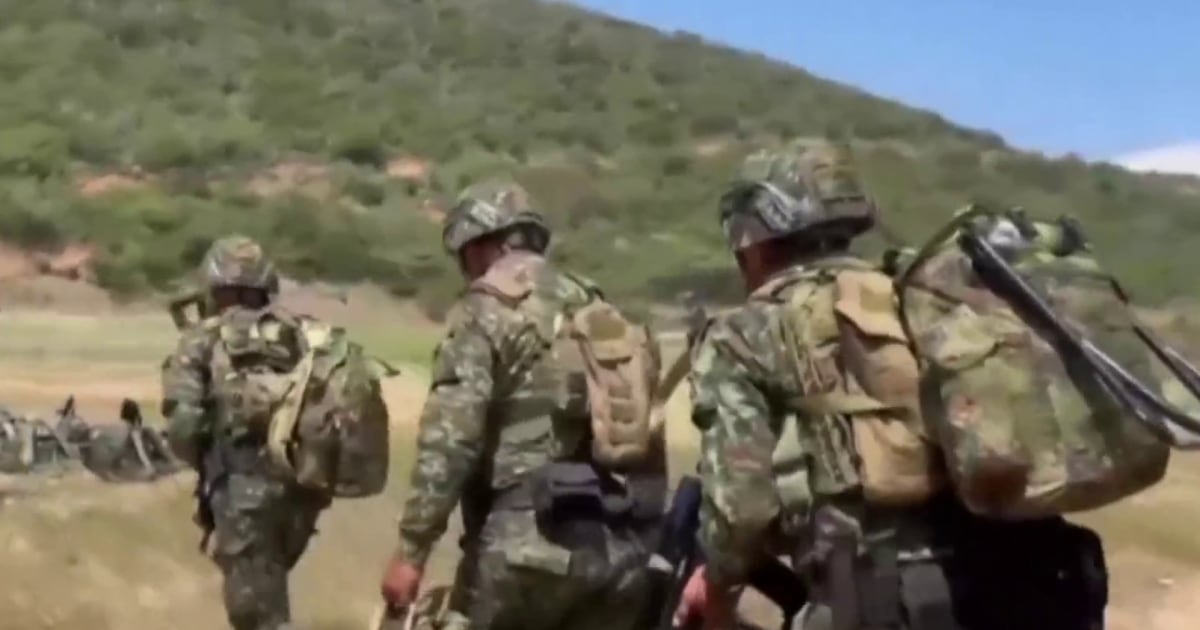Colombia’s State of Emergency: A Response to Rising Violence
In a decisive move to address an alarming surge in violence, Colombia recently declared a state of emergency. This declaration comes on the heels of a series of deadly attacks that have left the nation shaken and raised pressing concerns regarding safety and governance. The implications of this state of emergency are far-reaching, affecting not just security but also the socio-economic landscape of the country. In this article, we will delve into the causes behind these violent outbreaks, the government’s response, and the potential long-term effects on Colombian society.
Understanding the Context of Violence in Colombia
Colombia’s history with violence is complex and multifaceted, rooted in issues such as drug trafficking, political instability, and social inequality. The recent escalation of violence is not an isolated incident; rather, it is a continuation of long-standing conflicts involving various armed groups, including guerrillas, paramilitaries, and criminal organizations.
Several factors have contributed to the current crisis:
- Drug Trafficking: Colombia remains one of the world’s largest producers of cocaine. The lucrative nature of this illicit trade fuels violence among rival gangs and cartels vying for control of territories.
- Weak Governance: In many rural areas, the government’s presence is minimal, allowing criminal organizations to thrive and exert control over local populations.
- Social Inequality: Widespread poverty and lack of opportunities contribute to the cycle of violence, as disenfranchised individuals may turn to crime as a means of survival.
The Recent Surge in Deadly Attacks
The state of emergency was prompted by a series of brutal attacks that have left communities in mourning and fear. In recent weeks, multiple incidents have resulted in civilian casualties, drawing national and international attention.
One of the most shocking events was the attack on a police station in the city of Cúcuta, where gunmen opened fire, resulting in several deaths and injuries. Such violent acts not only destabilize communities but also undermine public trust in law enforcement and government institutions.
The Government’s Response: State of Emergency Declared
In light of these developments, the Colombian government took the significant step of declaring a state of emergency. This measure grants authorities enhanced powers to maintain order and protect citizens. Key elements of the state of emergency include:
- Increased Police Presence: The government has deployed additional police and military forces to areas most affected by violence, aiming to restore peace and security.
- Curfews and Restrictions: Certain regions are facing curfews and restrictions on movement to prevent gatherings that could lead to further violence.
- Community Engagement: Officials are working to engage communities in dialogue, fostering collaboration between citizens and law enforcement to rebuild trust.
Impact on Daily Life and Governance
The declaration of a state of emergency has immediate and profound implications for daily life in Colombia. Citizens are grappling with heightened security measures, and many are adjusting to curfews and increased military presence in their neighborhoods.
From a governance perspective, the state of emergency raises critical questions about the balance between security and civil liberties. While the government aims to restore order, it must also ensure that measures do not infringe upon the rights of citizens. Transparency and accountability will be crucial in maintaining public support during this challenging time.
Long-term Solutions: A Path Forward
While the state of emergency may provide a temporary solution to the immediate crisis, Colombia must also address the underlying issues that fuel violence. Long-term strategies should focus on:
- Economic Development: Investing in job creation and education can help alleviate poverty and provide alternatives to crime.
- Strengthening Institutions: Building stronger governance structures in rural areas can help restore trust and diminish the power of criminal organizations.
- Community Programs: Initiatives that promote community engagement and conflict resolution can play a vital role in fostering peace and stability.
International Support and Cooperation
Colombia’s struggle with violence is not solely a domestic issue; it has implications for regional stability. As such, international cooperation is essential in addressing the root causes of crime and violence. Collaborations with neighboring countries and international organizations can provide valuable resources and expertise in combating drug trafficking and crime.
Conclusion: A Hopeful Outlook
As Colombia navigates this turbulent chapter marked by a state of emergency, there is a glimmer of hope. The resilience of the Colombian people, coupled with strategic government responses and international support, can pave the way for a more peaceful and prosperous future.
In summary, while the recent deadly attacks have shaken the nation, Colombia has an opportunity to confront its challenges head-on. By focusing on long-term solutions and fostering collaboration among citizens, government, and international partners, Colombia can emerge from this crisis stronger than ever. The road ahead may be fraught with difficulties, but the spirit of the Colombian people remains steadfast in the pursuit of peace and security.
See more CNN Headline


